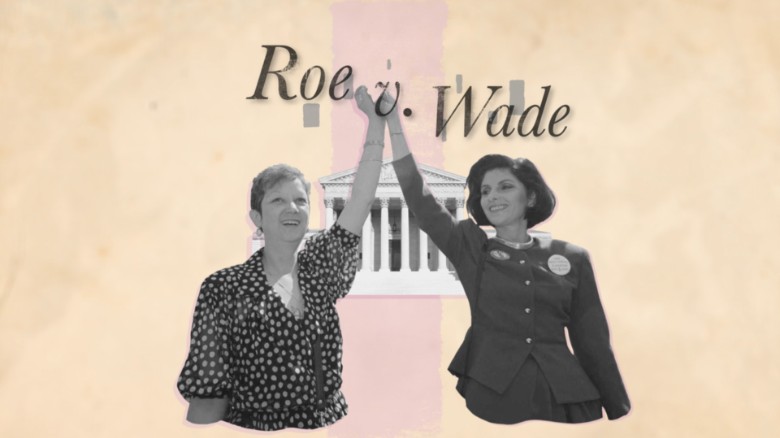(CNN)South Carolina Gov. Henry McMaster on Thursday signed a bill prohibiting an abortion if a fetal heartbeat is detected during an ultrasound with very few exceptions, becoming the latest Republican to sign a so-called heartbeat bill.
"This is a great day. It's a happy day," the Republican said during a packed event at the state Capitol. "There a lot of happy hearts beating right now."
The South Carolina Fetal Heartbeat and Protection from Abortion Act states that a doctor must perform an ultrasound on a person seeking an abortion to determine if there is a fetal heartbeat. If a heartbeat is found, a doctor cannot perform an abortion unless the physician believes it is a medical emergency, the pregnancy is the result of a rape or incest or there is a fetal anomaly, the bill says. Abortion providers who provide the procedure outside those parameters could face fines and imprisonment.
The new law comes as the Supreme Court, with a firmly conservative tilt from former President Donald Trump's appointees, has shown it is increasingly open to abortion restrictions. Restrictions such as heartbeat bans could potentially threaten Roe v. Wade, the landmark 1973 Supreme Court ruling legalizing abortion nationwide prior to viability, which can occur at about 24 weeks of pregnancy.
The South Carolina General Assembly passed the bill on Wednesday with a vote of 79-35, and it was finalized on Thursday, according to online records.
Abortion rights advocates have already expressed opposition to the measure. Before it was signed by McMaster, Planned Parenthood and the Center for Reproductive Rights challenged the measure Thursday on behalf of several South Carolina abortion providers, asking a federal judge to block the law.
"South Carolina politicians just used an abortion ban to target and re-victimize sexual assault survivors ŌĆö all while the pandemic rages on," Planned Parenthood President and CEO Alexis McGill Johnson said in a statement Thursday. "This is politics at its worst."
McMaster, meanwhile, praised the ban as a long-awaited priority for the state.
"This step we take today was long in coming and monumental in consequence," McMaster said, asking, "If there's not a right to life, then what life is there? What rights exist, if not the elementary, fundamental, profound right to life?"
After signing the bill, the governor held it high, while the packed crowd stood in applause. Members of the audience who attend the signing sang a chorus of "praise God" as the event came to a close.




